However, given the complex and interconnected nature of real-life problems, it is crucial that pedagogical models engage students in cross-cutting forms of inquiry. The seal is given to films and series that feature actors with disabilities who have at least five lines of dialogue. Vivo was released in select theatres on July 30, Www.tiktok.com 2021, and digitally on Netflix on August 6, 2021. The film received generally positive reviews from critics, who praised the animation, voice performances, and musical numbers. According to Human Rights Voices, speakers at a closed session included Valentina of 4 Azarova, at the time a Lecturer in Human Rights and International Law at Al-Quds University in East Jerusalem, who ‘argued in favor of the Palestinian “right to return” including “Palestinian refugees in the Diaspora with a territorial link to Israel” . Two things you’ll never find Valentina without? 3. Valentine is the patron saint of beekeepers and epilepsy, among many other things.
The button brings up Air Command, Samsung’s quick-access menu for pen-related apps and programs, making it easy to access things like new notes, existing notes, and the Smart Selection tool no matter what you’re doing on the convertible. Furthermore, the framework recognizes that RRI is a complex matter that can be related to diverse contexts, subject areas, and actors. In this sense, curricular development can be organized not only around subjects and disciplines, Connect.Lv but around complex real-life challenges and contexts (e.g., Savin-Baden 2000). Problem-based learning and real-world learning (e.g., Brundiers et al. 2010; Savin-Baden 2000) are examples of pedagogical models that can help foster an education for society. The dynamic interactions between competencies and dimensions help create a multi-dimensional RRI competence which can enable RRI as intended in the definition and through the design elements already presented. For example, relevant single RRI competencies can inform the development of single modules within a program, while a combination of those competencies can guide the development of other single modules within the same program; or, while conveying basic disciplinary knowledge and research skills in the first phase of a study program, the framework proposed here could inform the second phase of the program; or, the framework can inspire the development of modules that provide the conditions for engaging with multiple RRI competencies which students themselves can choose based on their learning needs, thus fostering self-directed learning.
Those competencies emerge in interaction with others and the situation and/or environment in which activities take place (Wals 2010b, p. Such spaces can become a source of collaborative, social, and trans-disciplinary learning, and have the potential to contribute to societal transformation and sustainability (e.g., Vilsmaier and Lang 2015; Wals and Peters 2018). In this process, transmissive forms of education can decrease progressively throughout the curricula, while more emancipatory forms of learning fostering interaction among students and with academic and societal actors can become more evident. Burt, Christopher (13 July 2018). “Heat Records Falling Around the World in 2018”. Wunderground. In July 2022, NATO invited Finland and Sweden to join the organization, and the ratification process for the two countries is in progress (see section Finland and Sweden). In order to embed this definition and to advance RRI education in a HE context, this study proposes elements for re-designing curricula, including three educational design principles and an RRI competence framework (see Fig. 1 ). The educational design principles proposed are: education for society, education with society and educating whole persons. Drawing from those insights and anchored in the broad notion of responsibility highlighted earlier, this study proposes some key elements for re-designing curricula that will be examined in the next section.
This can allow turning the notion of care and more broadly of responsibility within R&I efforts, into a living educational process. The third principle, which builds upon the first and second ones, is “educating whole persons.” In order to further embed a sense of responsibility through education, learning processes that support the cultivation of (new) ways of knowing, being, and doing are needed. Orientated towards addressing societal challenges, this competence framework resonates with Barnett’s (1995) conception of “life-world becoming,” encouraging the unfolding of higher order goals for both the individual and society. Barnett (1995) highlights the need to identify a more adequate notion of competence to inform curricula, which not only focuses on gaining mastery within a discipline (academic competence) and on developing the know-how to perform well in the world of work (operational competence), but which is especially connected to the challenges of human life and grounded in a conception of humans contributing effectively to the life-world (life-world becoming). This second principle of education with society connects well with the work of other educational scholars, for example with the “worldly” pedagogies by Fanghanel and Cousin (2012) and the communities of practice discussed by Brew (2003), highlighting the importance of fostering participation and critically engaging with differences in order to address global questions.

